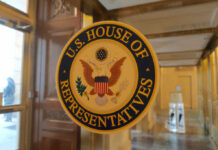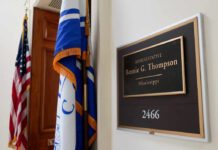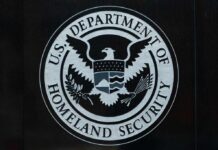
Tim Tebow, a former NFL quarterback and long-time advocate for protecting vulnerable children, recently testified before Congress in an effort to solicit more action from the federal government to protect children from human trafficking.
The hearing was held on the morning of March 6, before the House Judiciary Subcommittee on Crime and Federal Government Surveillance. This specific testimony hearing was prompted by the rise in distribution of digital materials of child exploitation.
Tebow’s testimony shared information about human trafficking and provided suggestions on how to combat the growing issue. Specifically, he honed in on the need for additional precautions and response plans that would cut down on the amount of exploitative material being shared online.
He shared a letter that had been written to him by a child who had been hurt by human trafficking, crying as he did so. The words he read were a plea for help.
As part of his proposed plan to fight child trafficking, Tebow endorsed a bill that would establish and operate a rescue squad designated to tracking down and saving children who are being mistreated. He added that his testimony is simply a call to action, and that the hearing is worthless if they do not collectively “act on it and be about it.”
BREAKING: @TimTebow calls for a “Rescue Team” to save exploited children – all while the FBI drains resources from this important work to target school board parents. pic.twitter.com/ozln8lC4Ap
— Rep. Matt Gaetz (@RepMattGaetz) March 6, 2024
The football star’s proposal also emphasized that there are over 50,000 kids, whose names are unknown, who have fallen victim to human trafficking.
He started the Tim Tebow Foundation—a Christian group dedicated to standing up for the vulnerable and fighting child exploitation—in 2010, the same year he was drafted as the Denver Broncos quarterback.
Per the organization’s website, the foundation seeks to provide “faith, hope and love to those needing a brighter day in their darkest hour of need.” The Tim Tebow Foundation also strives to “share the Gospel” with the vulnerable in need and “help them know” that they have “inherent value as children of God.”
The group provides services to vulnerable people in up to 86 different countries, where various ministries offer numerous services, including medical care, preventative and ongoing care for orphans, special needs services and programs to combat child exploitation and human trafficking.




























